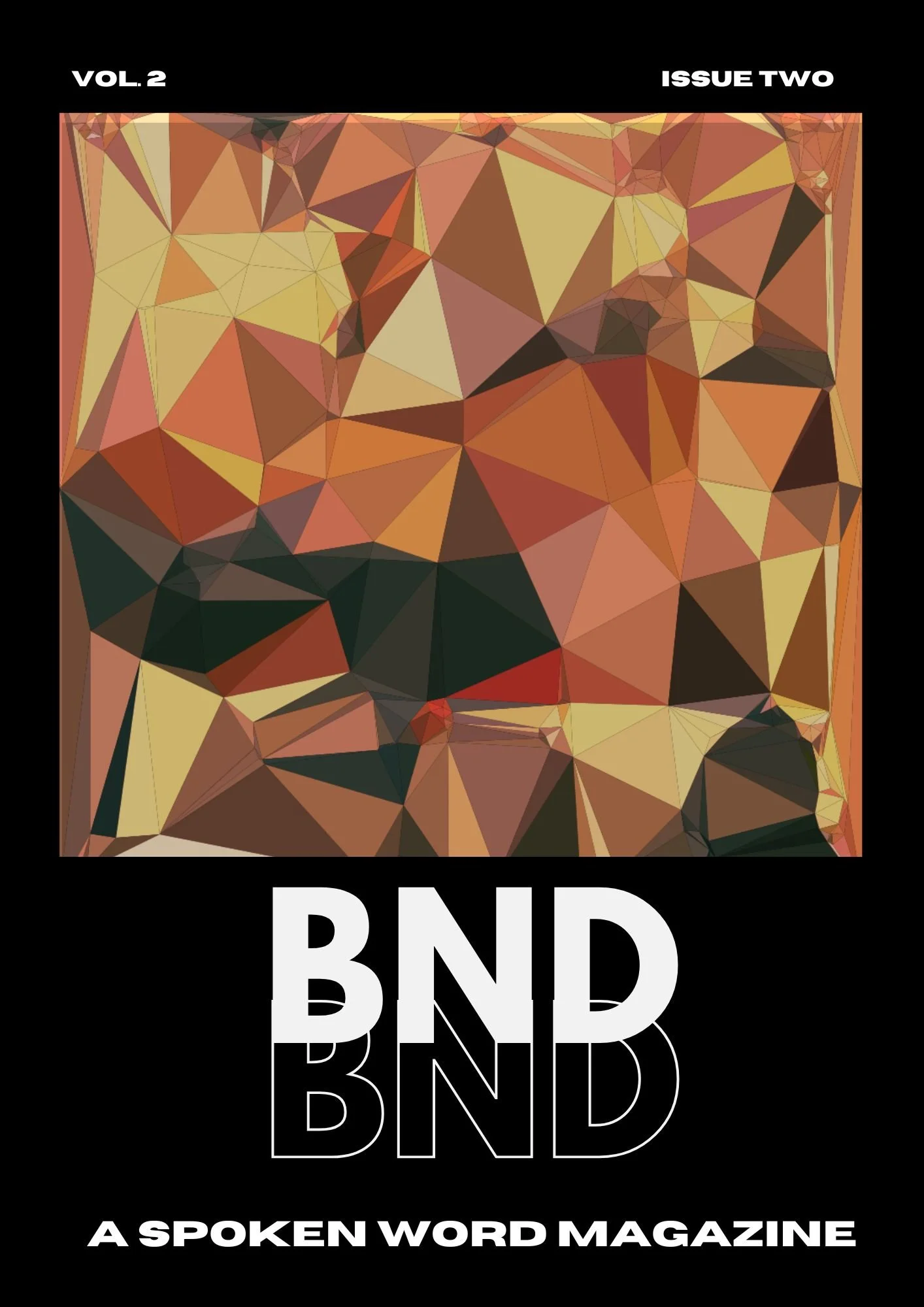Arts Council Budget Increase Falls Short Amid Controversy Over Government Spending Priorities
Ahead of the release of Budget 2025 on Tuesday, 1st October 2024, the Arts Council formally requested an increase in funding to €160 million, after receiving €134 million in 2024. The Arts Council has noted growing challenges, including rising costs and an unprecedented demand for financial support from artists and arts organisations. The Arts Council has argued that further increases are needed to fully realise these initiatives and address a growing funding gap.
In 2023, total funding requests reached €231.3 million—more than double the amount requested in 2019. This surge highlights the vitality of the arts sector, but it has also stretched available resources, with the Arts Council able to meet just 51% of eligible requests, compared to 61% in 2019. Inflation has further compounded this issue, reducing the real value of funding since 2021. The Arts Council estimates that its 2024 funding would need to be at €153.2 million to maintain 2021 levels when adjusted for inflation.
Despite these pressures, the government announced an increase of €6 million for the Arts Council in Budget 2025. While this funding will support ongoing infrastructure development, such as the proposed artists’ campus at Dublin Port, the Art Council acknowledges that the amount falls short of what is required to meet rising demand and financial pressures within the sector.
Maura McGrath, Chair of the Arts Council, expressed gratitude for the continued recognition of the arts' importance but stressed the need for additional funding to alleviate pressure points and maximise the impact of government investment.
Similarly, Maureen Kennelly, Director of the Arts Council, welcomed the increase but noted that it falls short of what is needed to counter inflation and meet unprecedented demand. Both emphasised that while the sector is entering a "golden age," more substantial support is required to ensure a sustainable future for artists and audiences alike.
Despite the 2025 allocation allowing for continued support of critical infrastructure and artistic development, it is clear that the funding gap remains a significant obstacle. With inflation driving up costs, artists and arts organisations are already under immense financial pressure, and many see this modest increase as inadequate.
The 4.5% increase in the Arts Council budget has been met with disappointment across the arts community. Patrick Cotter, Artistic Director of the Munster Literature Centre, voiced concerns on Instagram about the modest €6 million increase, especially in light of the government’s overall €10.5 billion spending in the budget. Cotter described the allocation as "extremely disappointing and demoralising," emphasising the broader implications of this limited support in a period of high inflation.
According to Cotter, the impact of this underwhelming increase will be felt most acutely by artists, particularly writers, who rely on the Arts Council’s grants and funding programs for essential opportunities such as readings, residencies, mentorships, workshops, and publications.
With inflation driving up costs across the board, the real value of the Arts Council’s budget has diminished. This will inevitably mean fewer opportunities for emerging and established writers alike, affecting not just their creative work but also their ability to engage with audiences and the wider literary community.
The frustration stems from the contrast between the government's record overall spending in Budget 2025 and the limited boost to arts funding. While the Arts Council’s budget has increased to €140 million, the €6 million uplift falls short of addressing the sector’s escalating needs.
Cotter's remarks echo the broader sentiment across the arts community that, while there is appreciation for the continued investment, the funding increase is far from adequate to secure a thriving arts sector amidst economic pressures. The arts community will need to navigate these challenges carefully to continue providing artists and audiences with enriching cultural experiences.
The announcement of a mere €6 million increase in Arts Council funding for Budget 2025 has drawn sharp criticism from many in the arts community, particularly when juxtaposed with other budget allocations. One glaring comparison has been the proposal to spend €9 million on locked phone pouches for secondary schools, as part of the government's ‘Keeping Childhood Smartphone Free’ initiative.
This initiative, which aims to make post-primary schools smartphone-free, has been widely condemned as a “grotesque” and “inexcusable” expenditure by opposition parties, who argue that the funding could be better spent elsewhere.
Sinn Féin’s Pearse Doherty was particularly vocal, calling the initiative a “pet project” and criticising the government for mismanaging taxpayer money. Doherty echoed the frustrations of those in the education sector, who argue that the €9 million could be better used to address pressing issues within the education system, such as resourcing teachers or improving school infrastructure. His remarks highlight a broader frustration with the government’s priorities, particularly in a budget where an extra €10.5 billion in spending was announced.
For the arts sector, the contrast between the €6 million increase for the Arts Council and the €9 million earmarked for phone pouches has further fuelled a sense of disenchantment.
The €9 million allocated for phone pouches, seen by many as an unnecessary expenditure, stands in stark contrast to the underfunded arts sector, where even a small additional investment could have a meaningful impact on artists' lives and the cultural landscape of the country.
As the Arts Council and opposition parties continue to call for greater transparency and better financial prioritisation, the discussion surrounding Budget 2025 highlights the challenges of balancing competing interests in an era of economic strain.
For many in the arts community, the allocation of €6 million in increased funding feels insufficient, particularly when compared to what they see as questionable expenditures like the locked phone pouches initiative. This has left many artists and arts advocates feeling sidelined in the government’s broader spending priorities.
New Issue Out Now!
